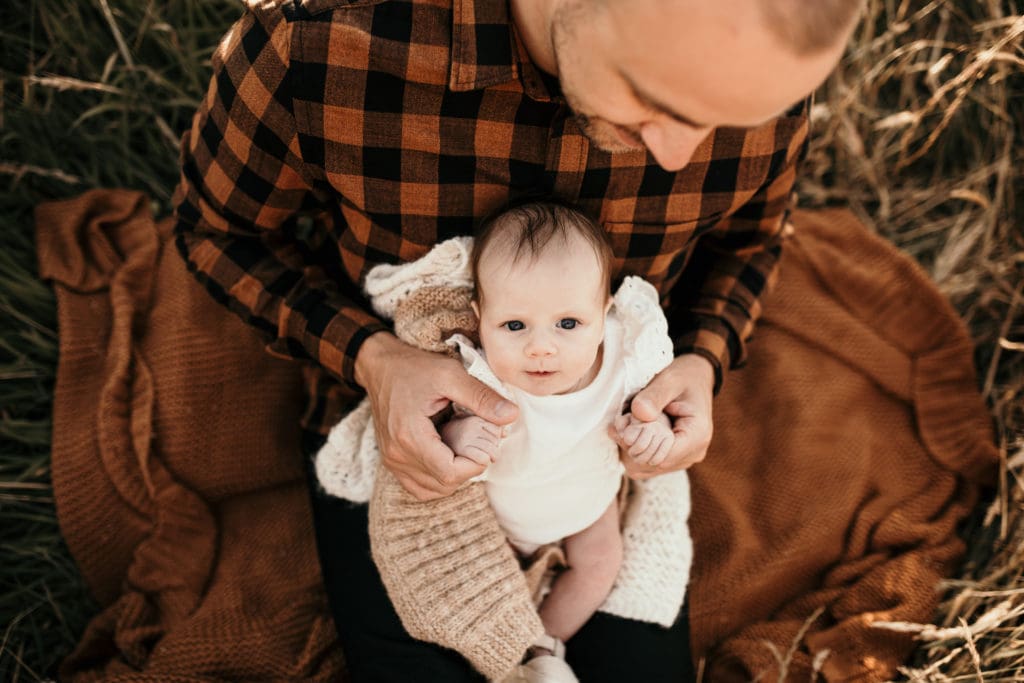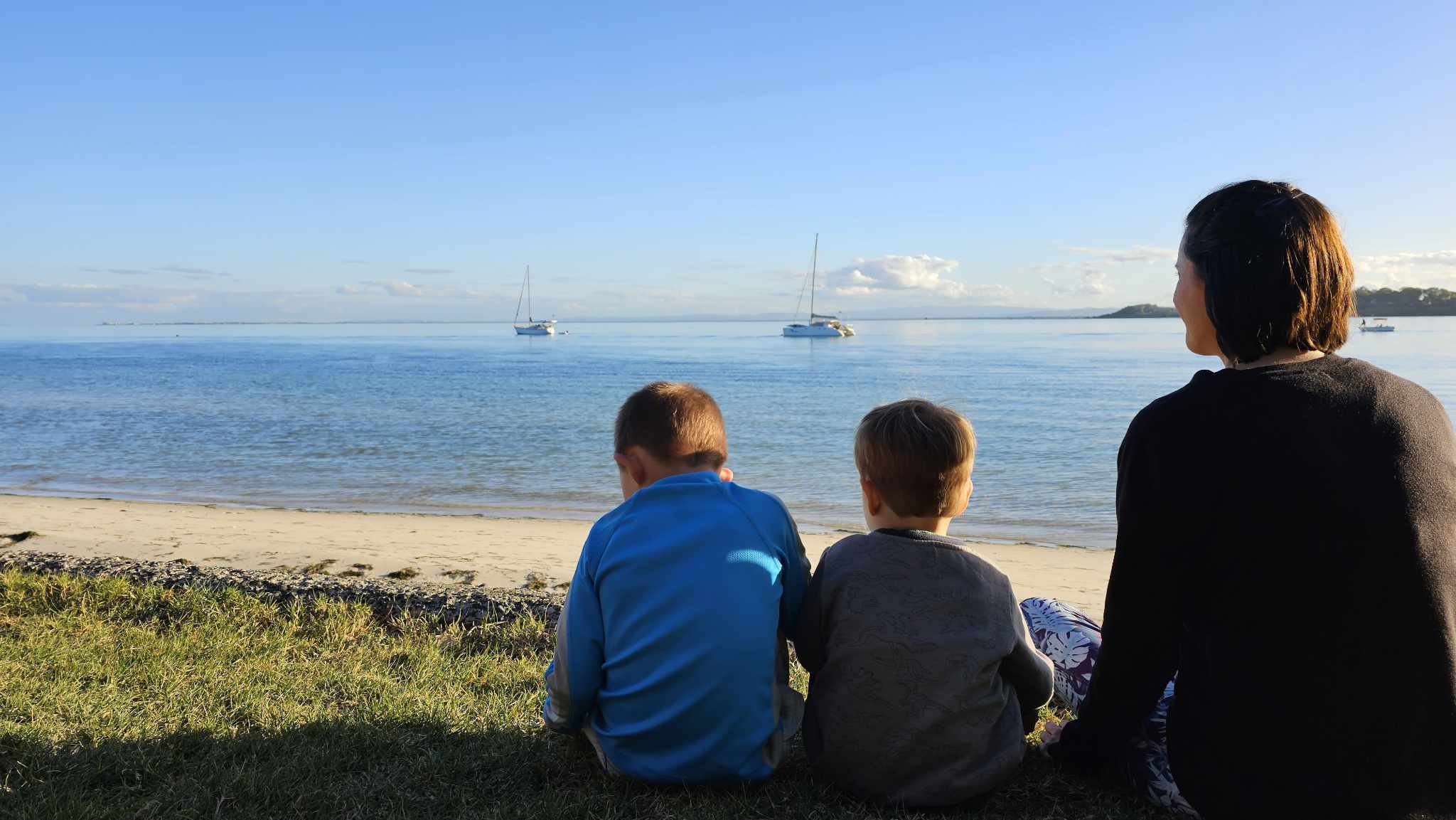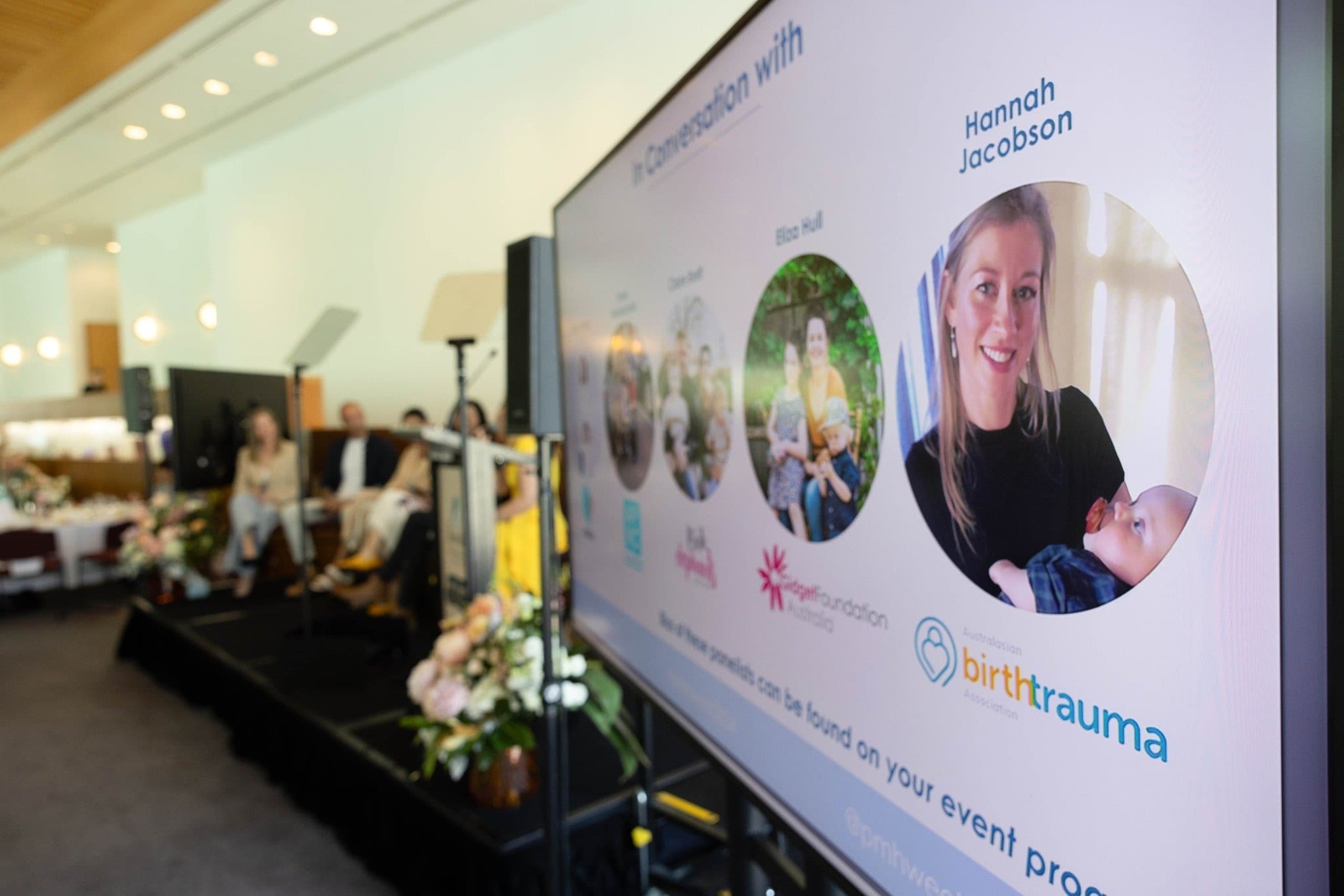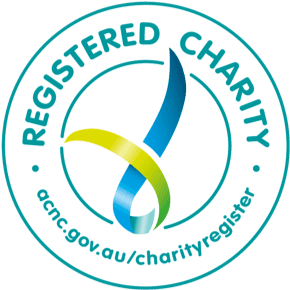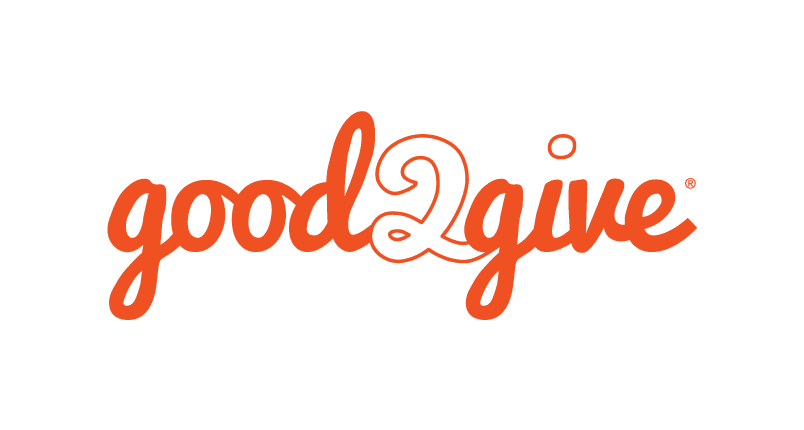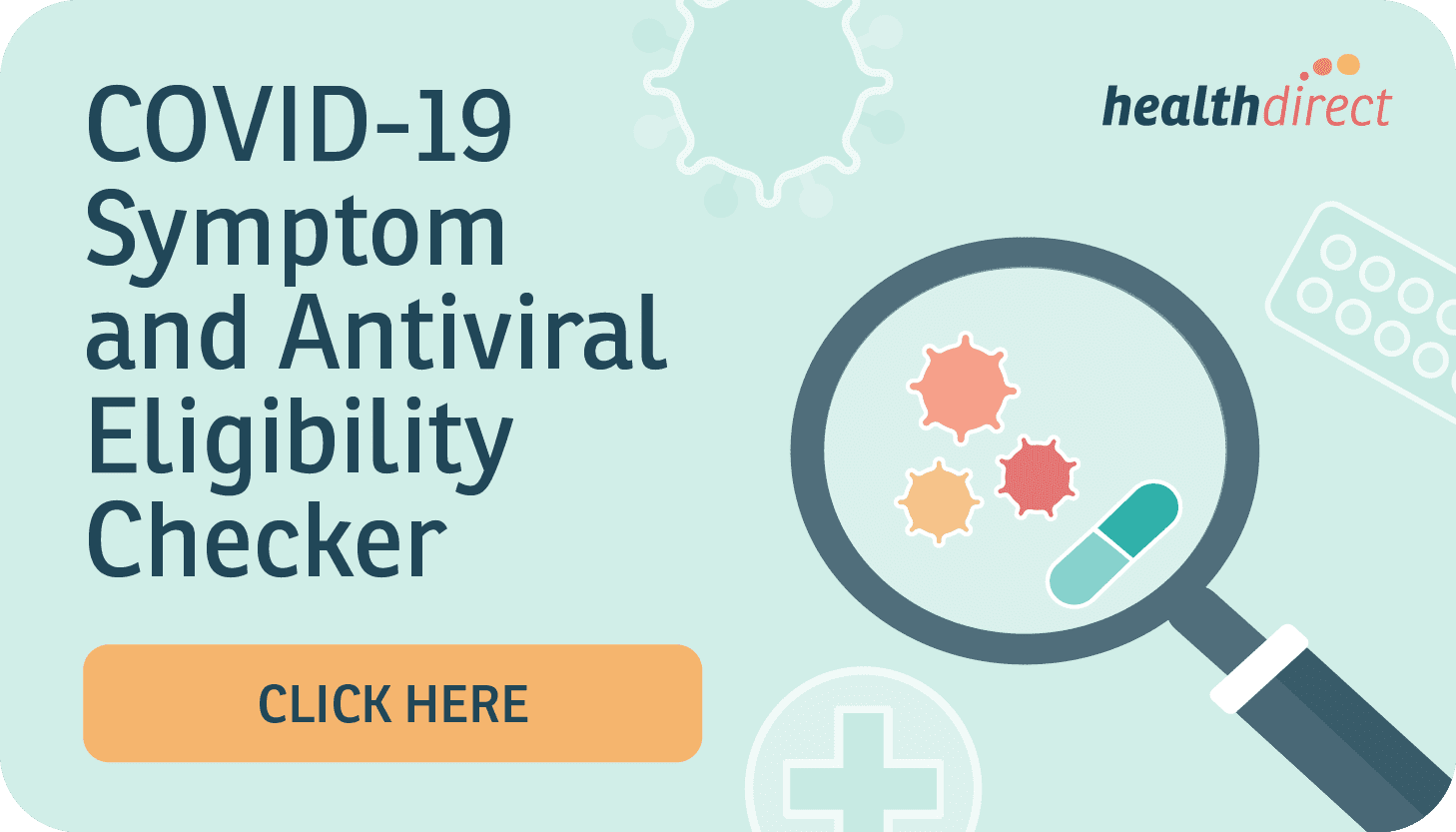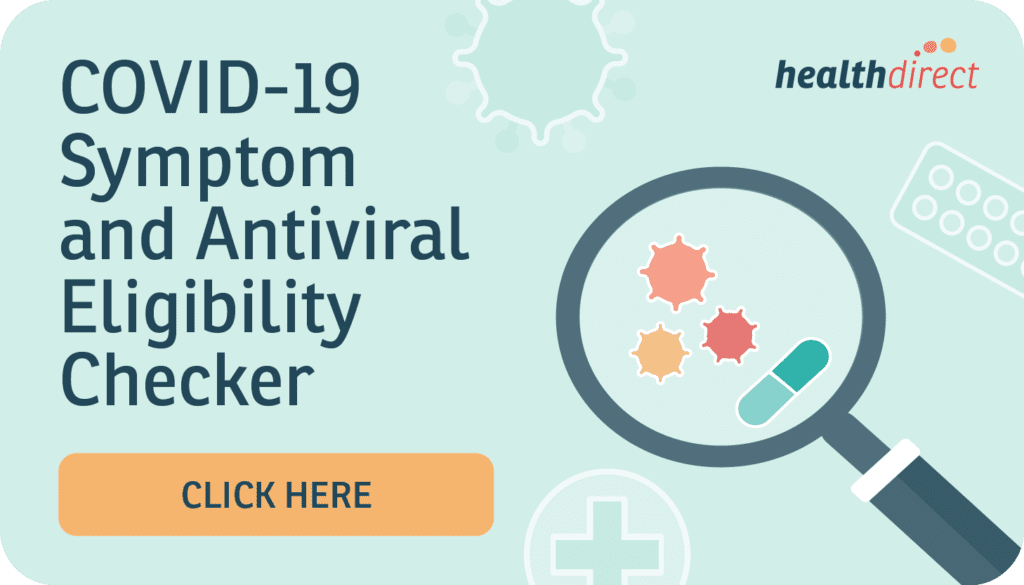Content warning: This birth story discusses trauma. Topics discussed include homebirth transfer, forceps, postpartum haemorrhage, NICU, PTSD, and mental health challenges in fathers. If you are seeking support for your birth trauma, we have downloadable resources here or you can join one of our free Peer2Peer Support programs.
In early 2020 my fiancée and I learned we were expecting our first child. We had only become engaged the day before we found out she was pregnant. Our lives quickly changed, but we were excited and couldn’t wait to plan our wedding and prepare for our little one. COVID-19 hit Melbourne suddenly and was followed by many lockdowns. Very quickly, our plans to be married before the birth were cancelled, and as an expecting father, I found myself locked out of appointments, unable to provide support to my fiancée, or take part in the pregnancy.
I was not allowed, for the most part, to attend birthing appointments with my fiancée. I distinctly recall sitting outside an ultrasound clinic on a frigid cold June morning, waiting to be called inside so I could see my daughter at our 20-week scan, before I was hurried back outside again, leaving my fiancée to ask the many questions we both had alone. It was around this time my feelings of exclusion and guilt of not being a “present and supportive partner” began to creep in. Nobody asked me how I felt about any of this, if I felt I was missing out, or if I wanted to be a part of it all.
Knowing that I would be rushed out of the hospital not long after the birth, my fiancée and I opted for a homebirth. After two difficult nights labouring at home with only the support of myself and a midwife we met that night, my fiancée was transferred to the hospital. That night our daughter entered the world via forceps delivery. During the labour, I felt like a nuisance. I could tell the doctors and midwives would rather I was not there. It seemed I was in the way, and they preferred I didn’t ask questions, or attempt to advocate for my fiancée with each new intervention urged. After a major haemorrhage and retained placenta, my fiancée was taken to theatre immediately after birth, leaving me shirtless and alone in a now-empty birthing suite. Having skin-to-skin with my daughter, I was completely unaware of what was happening to my fiancée or even where she was. A short time later, a midwife and doctor entered the room to tell me she went to recovery and our daughter will need to be taken to the NICU as per hospital policy. Immediately, I had to make a choice to either follow my fiancée to recovery or my daughter to the NICU. Either way, I felt I was giving up on one of them, leaving them alone. Nobody asked me if I was okay. I was expected to dig dip into my untapped primal roots and remain stoic and brave.
The beautiful birthing experience we had been promised was a distant memory, and feelings of confusion and fear had immediately taken over. I felt completely powerless and scared as I watched the hospital staff insert a cannula in my hours-old daughter’s hand and place her into a humidicrib with a CPAP machine. I had no idea what was happening and again felt like I was in the way. Nobody updated me on both my fiancé or daughter unless I asked. For the next 4 nights, I slept on a hard bench, narrower than my shoulders, in the NICU beside my daughter. My fiancée was alone a few floors below us. Nobody asked me if I was okay.
After almost a week, we were discharged and began to settle into our new lives as a family of three at home, still living alongside the reality of COVID-19 restrictions. Over the next few months, my anxiety, depression, and intrusive thoughts increased. I mistook my irritability for exhaustion, my withdrawal from friends and family due to being a busy new parent, and feelings of loneliness as a side effect of recurring lockdowns. I never really considered, as a father, that I too, could be experiencing postpartum mental health issues or trauma following the birth of my daughter.
By this time, most people close to us were aware of my fiancée’s traumatic birth. In addition to the trauma and mental health issues she was battling, she also suffered pelvic organ prolapse. The shock of the diagnosis made me feel it was never appropriate to express how I was feeling when I felt that my fiancée suffered so much more than I.
It was difficult to raise my feelings among my dad friends. We all lacked sufficient time to get together, and when we did, we just wanted to catch up and not taint our rare moments together by talking about our “feelings”.
I began to detach from my fiancée and become impatient, intolerant, and permanently irritable. I was anxious about everything. I didn’t trust medical professionals. And whilst I was an attentive parent, I felt I was not giving my daughter or my fiancée the person they deserved.
My irritability turned to anger and hostility. It came to a point that my fiancée suggested I attend therapy, or we may not work out. I knew she was right that I needed help. Whilst I built rapport with my therapist, I never felt they understood birth trauma. At the conclusion of our sessions, I felt something was lacking, so I didn’t continue. It seemed postpartum mental health support didn’t exist for fathers, and society simply expected us to show up and get on with it.
My fiancée is now my wife, and our daughter will soon be a big sister to a baby brother. I’m now engaging in regular sessions with a therapist who specialises in postpartum mental health issues. I have been diagnosed with PTSD, anxiety, and depression, which we are addressing via EMDR therapy and relaxation techniques. I wish I had identified the specific trauma-informed support I needed earlier, as I wasted so much time feeling like I was doing something wrong.
As fathers, there often seems to be little room in the conversation for our mental health and well-being. Recognising when things are not right and when you need help is crucial for your own well-being and survival as a parent and partner. My tips for a new father struggling would be:
- Pay attention to your emotions.
- Observe changes in your behaviours, patterns, and responses.
- Do not be afraid to openly discuss how you feel with your partner, friends, and family. You will be a better partner, parent, and friend for it.
- Trust your instincts. As parents, we have an innate intuition when something is not right. If something feels wrong, then it probably is.
If you’d like to chat to someone about your birth experience and start getting support today please reach out to one of our friendly Peer support Team.


